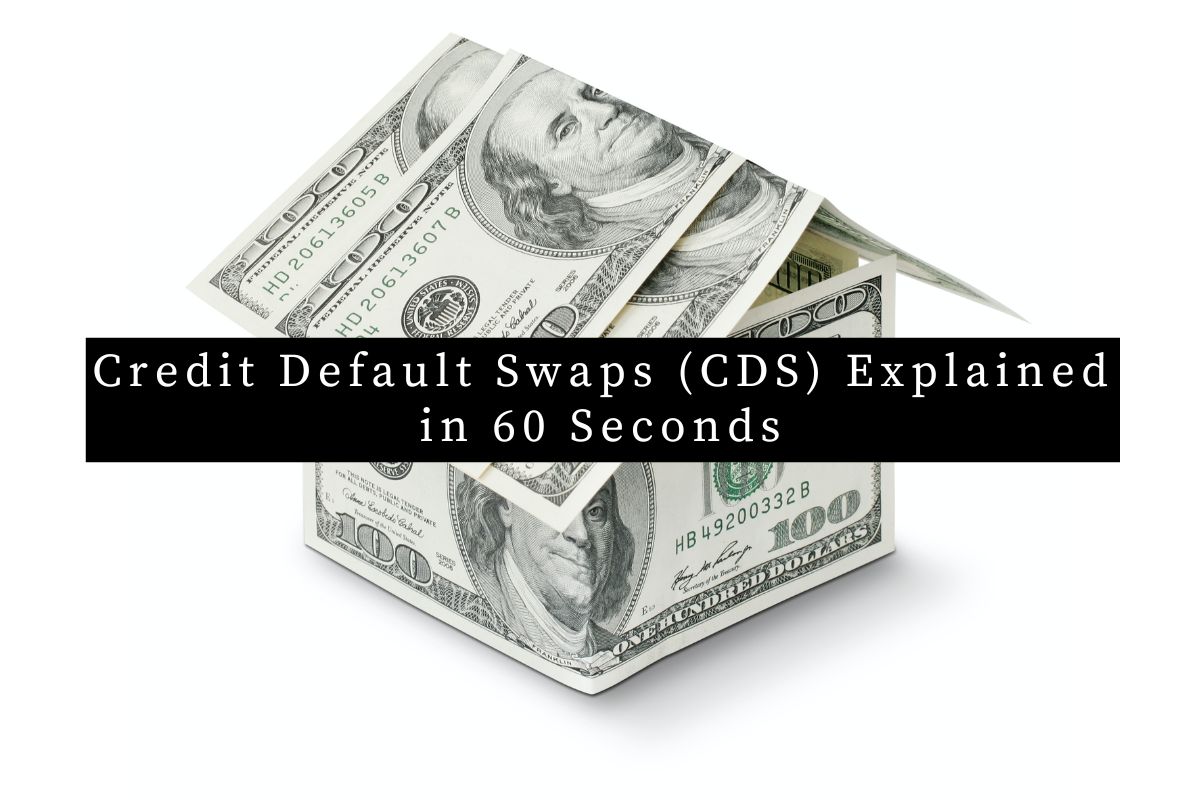Table of Contents
ToggleWhat is a Credit Default Swap (CDS)
Credit Default Swaps (CDS) are a type of financial derivative that was created in 1994 by JPMorgan and Bankers Trust. Essentially, a CDS acts as an insurance policy against default risk. The buyer of a CDS pays a premium to the seller of the CDS in exchange for protection against potential default by a borrower.
CDS Transaction Explained
In a typical CDS transaction, there are three parties involved: the buyer of the CDS, the seller of the CDS, and the borrower. The borrower takes out a loan from the buyer of the CDS (Party A) and promises to pay back the loan plus interest. However, if the buyer of the CDS (Party A) thinks that the borrower might default on their loan at some point, they can purchase a CDS from the seller of the CDS (Party B) to hedge against this risk. In this transaction, Party A becomes the buyer of the CDS and Party B becomes the seller of the CDS. Party B agrees to cover the cost of the default in exchange for a monthly premium paid by Party A.
It’s important to note that CDS are usually customized between the parties involved, which makes them relatively opaque and difficult for regulators to monitor. The price of a CDS is based on the probability of default and the recovery rate in the event of a credit event (such as bankruptcy, failure to pay, or restructuring).
2008 Financial Crises
A prime example of the use of CDS is the global financial crisis of 2007-2008, during which the housing market crashed. At that time, there was $22 trillion invested in the stock market and $45 trillion invested in the CDS market, highlighting the significance of these financial instruments. Many investment banks, including Lehman Brothers, were heavily invested in CDS, which ultimately contributed to the failure of Lehman Brothers. The investment bank owed $600 billion in debt, with $400 billion of that debt in the form of CDS. When their insurance company was unable to cover the debt, the Federal Reserve had to step in and bail them out.
Conclusion
In conclusion, credit default swaps are a complex financial derivative that can provide protection against default risk for buyers, while offering the opportunity for easy profits for sellers if a credit event does not occur. However, the customized nature of CDS and the sheer size of the market for these derivatives have made them a source of concern for regulators, as evidenced by the events of the global financial crisis.












